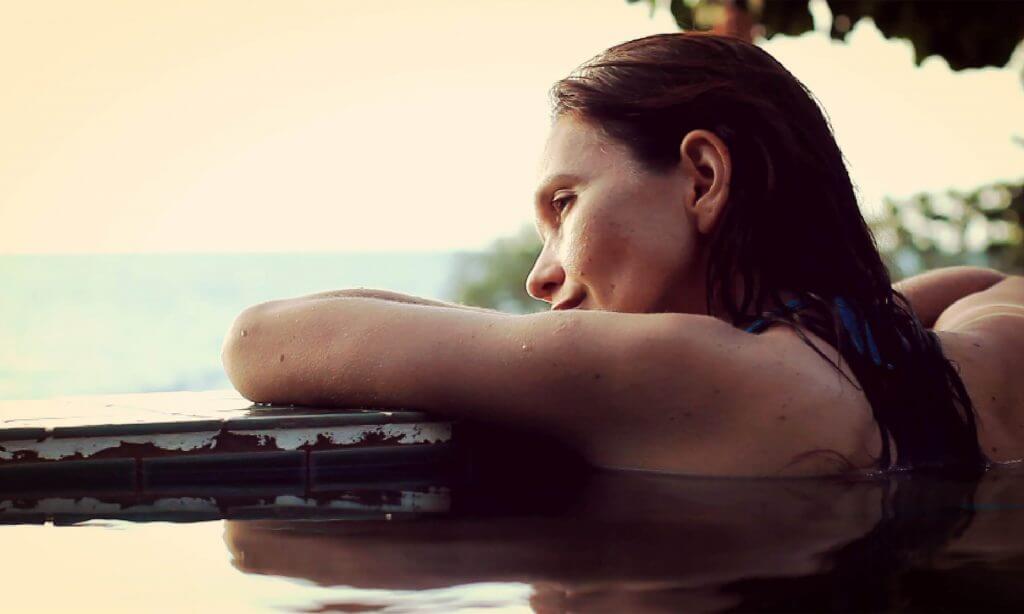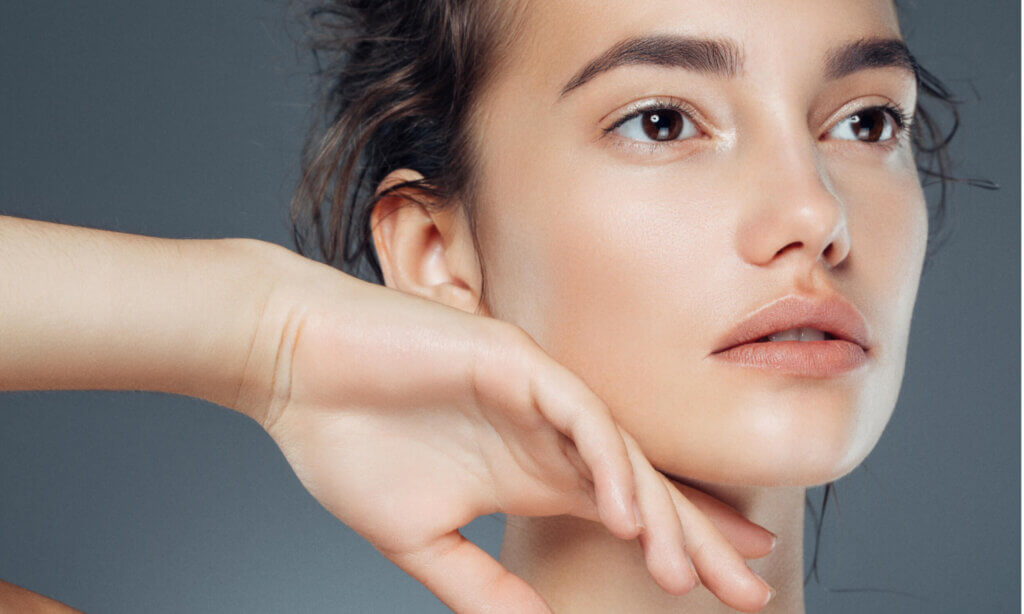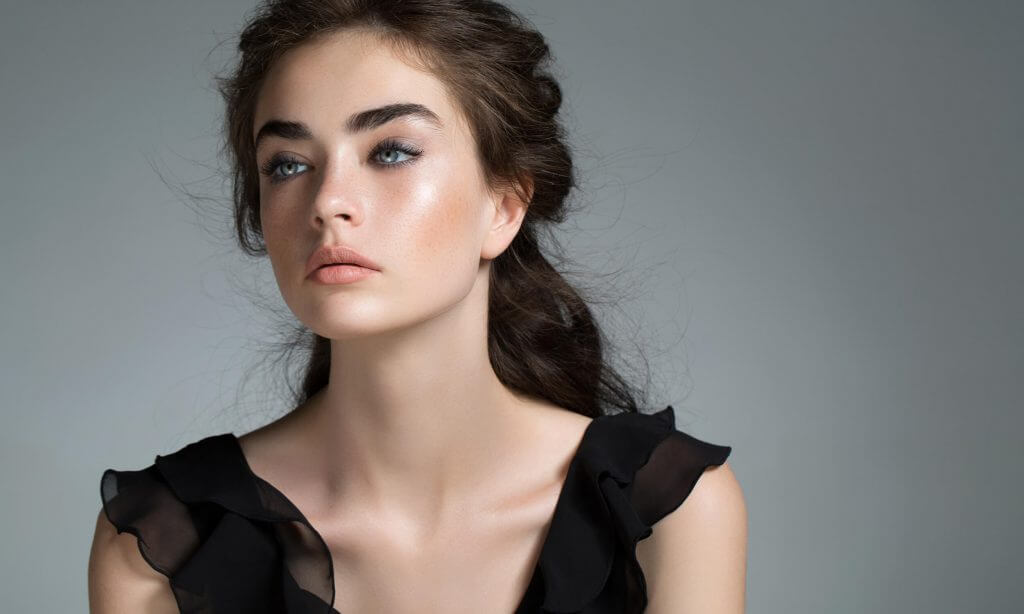11th February 2016
18 questions to help find the best rhinoplasty surgeon for you in the UK
18 questions to help find the best rhinoplasty surgeon for you in the UK
The most important things you need to find out
Your nose surgeon should understand what you do not like about your nose. They need to have a clear vision of how you want it to look after nose surgery. They should also show you that their priority is to improve your sense of wellbeing and that their goal is for you to feel happier after rhinoplasty (and they should understand what this means specifically for you.)
A good nose surgeon should also ask you about your history of nasal problems as well as your breathing ability. They should examine you and make a detailed assessment of your nose from outside and inside.
A rhinoplasty surgeon should take high definition digital photographs of your nose and face from various angles with a plain background and no shadows. They should show you a possible end result of surgery perhaps by manipulating the images using a computer.
All of these things above give you a general overview of what a good surgeon will do at a consultation. Below we dive into specific questions that can help you find the best rhinoplasty surgeon for you in the UK.
Ask these 18 questions of your potential nose surgeon
You should have plenty to time to ask questions. Don’t feel awkward about asking a professional these questions. A surgeon who has your best interests at heart will have the answers to them readily available.
The website realself.com suggests some questions you should ask your surgeon at your first consultation:
- “Are you board certified? If so, by what board?” (ASPS and ASAPS are American Boards, EBCFPRS http://www.ebcfprs.org is the European Board)
- “How experienced are you in performing rhinoplasties?” (ie, how many have you done and for how many years have you done them?)
- “What percentage of your practice do you devote to rhinoplasty?”
- “When did you perform your last rhinoplasty?”
- “What is your percentage of happy rhinoplasty patients?”
- “What is your policy on rhinoplasty revisions?”
- “What is your revision rate on your rhinoplasty patients?”
- “How long will you spend performing a rhinoplasty like mine?”
- “What are potential complications and risks in a nose like mine?”
- “What type of rhinoplasty technique will you use for me?”
- “What type of anesthesia do you use and why do you use it?”
- “What sort of facility do you operate in?” If you don’t operate in a hospital operating theatre, what is your protocol in case of unexpected surgical complications?”
- “What percentage of your practice is open versus closed rhinoplasty? Can you use both techniques?”
- “Can I see before and after cases of noses like mine?”
- “Do you feel that you can create the type of nose that I have talked with you about?”
- “Do you know how to and do you reconstruct the nose with my cartilage and tissue or do you use artificial materials and implants?”
- “When should I expect to see the final result of the procedure?”
- “When can I resume exercise and physical activity?”
By asking these 18 questions, you can ensure you have the information you need to identify the right surgeon to help you.








